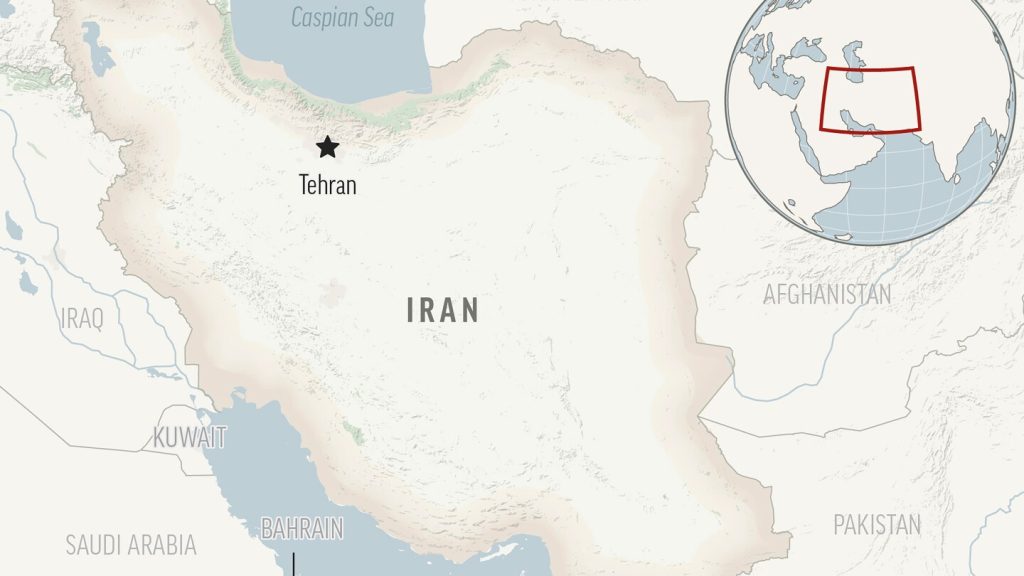The released conservationists had been part of a group that worked to save the endangered Asiatic cheetah before they were convicted on espionage charges in 2019. The release of Niloufar Bayani, Houman Jowkar, Sepideh Kashani, and Taher Ghadirain came as part of an amnesty granted to more than 2,000 prisoners on the occasion of Eid al-Fitr. The United Nations Environment Program welcomed their release, highlighting their work as members of the nonprofit Persian Wildlife Heritage Foundation. The case against the conservationists had garnered international attention, especially following the death of the foundation’s founder, Kavous Seyed-Emami, who died while awaiting trial under disputed circumstances.
The arrests of the conservationists in 2018 had taken place amid protests and unrest in Iran, with the government imposing an internet shutdown. Seyed-Emami, an Iranian-Canadian dual citizen, was among those arrested and later died before his trial. Bayani, Jowkar, and the others had been sentenced to lengthy prison terms on espionage charges, with Bayani receiving a 10-year sentence. The release of the four conservationists marks a significant development in their case, with international organizations and human rights groups advocating for their freedom. The Persian Wildlife Heritage Foundation had been known for its efforts to protect endangered species in Iran, including the Asiatic cheetah.
The release of the conservationists is seen as a positive step by Iranian authorities, who have faced criticism for their treatment of activists and dissenting voices. The United Nations Environment Program’s statement welcoming the release of Bayani and Jowkar reflects the international concern over their case and the broader crackdown on civil society in Iran. The fate of other activists and political prisoners in the country remains uncertain, with calls for greater respect for human rights and freedom of expression. The release of Bayani, Jowkar, Kashani, and Ghadirain could signal a shift in the government’s approach to dissent and activism.
The conservationists’ ordeal has drawn attention to the challenges faced by environmentalists and conservationists in Iran, where activism is often met with suspicion and repression. The case of the Persian Wildlife Heritage Foundation members highlighted the risks associated with their work to protect endangered species and habitats. The release of Bayani, Jowkar, Kashani, and Ghadirain is a relief to their supporters and colleagues, who had campaigned for their freedom for years. The conservationists’ resilience and dedication to their cause have been commended by rights groups and environmental organizations, who have called for greater protection of activists in Iran and around the world.
The impact of the conservationists’ release goes beyond their individual case, shedding light on the broader issues of freedom of speech, civil society, and environmental protection in Iran. The Persian Wildlife Heritage Foundation’s work to save the Asiatic cheetah and other endangered species is a testament to the importance of conservation efforts in the region. The release of Bayani, Jowkar, Kashani, and Ghadirain is a step towards justice and accountability for their wrongful imprisonment, but it also serves as a reminder of the ongoing challenges faced by activists and human rights defenders in Iran. The international community will be closely monitoring developments in Iran to ensure the protection of fundamental rights and freedoms for all individuals.


